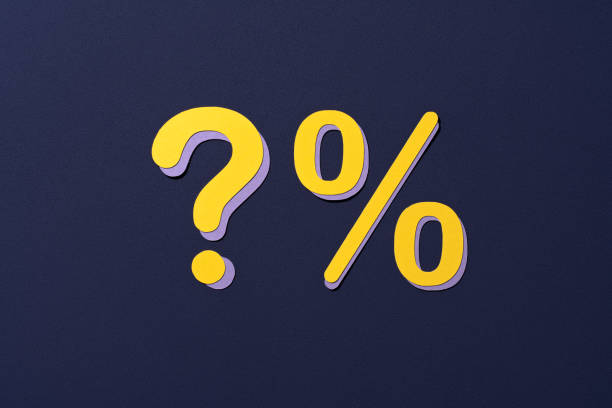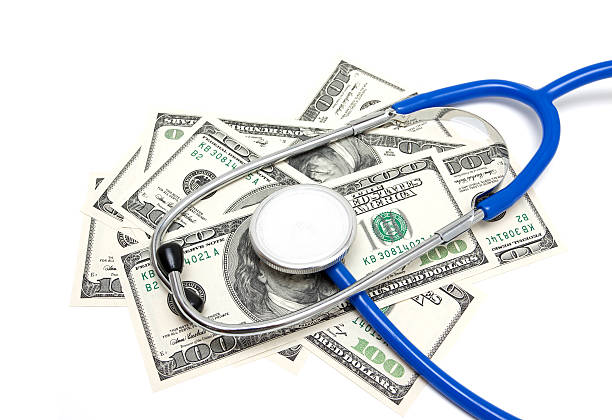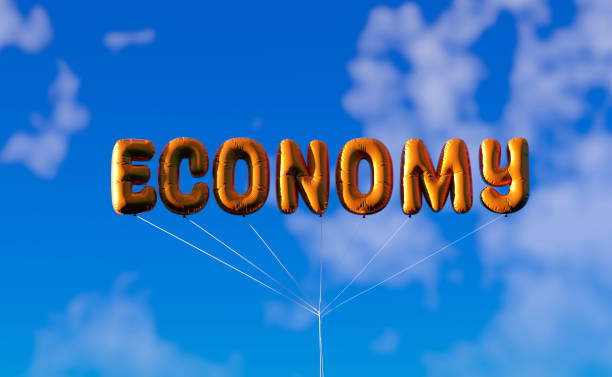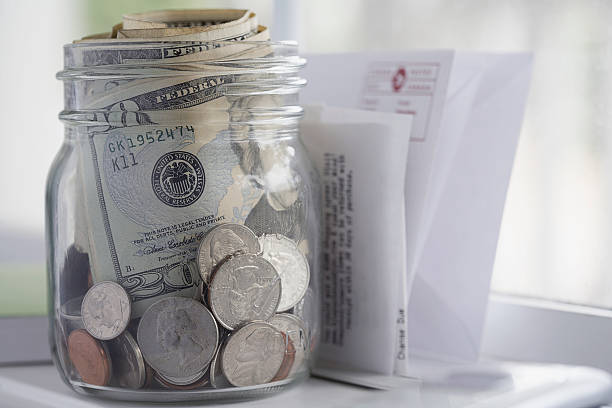
The precarious equilibrium of managing overextended personal debt is a fragile state, entirely dependent on the consistent flow of a steady income. Th...
Read More
The weight of debt can feel like a constant companion, and a common question for anyone on a financial journey is determining how much of their monthl...
Read More
The burden of medical debt is a pervasive and crushing reality for millions of low-income Americans, often arising from even a single emergency or nec...
Read More
The stability and security of a household are foundational to the well-being of its members, yet for those with low incomes, this foundation is often ...
Read More
The stability of one’s financial life often rests upon the predictable rhythm of income meeting expenses. Yet, this rhythm is vulnerable to sudden, ...
Read More
The sudden loss of a job, an unexpected medical emergency, or a major home repair can strike any household, threatening to derail financial stability ...
Read MoreThe dissolution of a partnership often leads to a sudden halving of household income while fixed costs (like housing) remain the same. Legal fees and the need to establish two separate households can immediately create significant debt.
Companies typically charge fees based on a percentage of the enrolled debt or the amount saved through settlement. These fees can range from 15% to 25% of the total debt enrolled and are often charged regardless of whether a settlement is successful.
A DMP is a structured program offered by non-profit credit counseling agencies. The counselor negotiates with your creditors to lower interest rates and waive fees, and you make one single payment to the agency, which then distributes it to your creditors.
Consolidation combines debts into a new loan, often with better terms. You pay the full amount owed. Settlement involves negotiating with creditors to pay a lump sum that is less than the full amount you owe. This severely damages your credit score and should be approached with extreme caution.
Yes. Contact creditors directly to request lower rates, especially if you have a good payment history. Alternatively, use a nonprofit credit counselor to negotiate on your behalf.